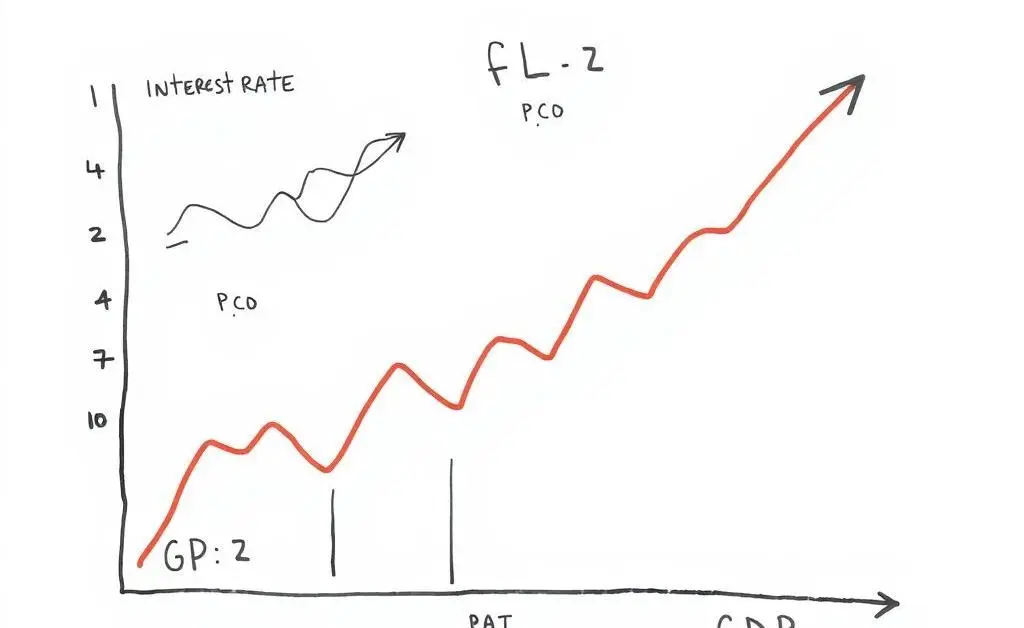Navigating Economic Slowdowns: How Interest Rate Cuts Could Impact Your Finances
Explore how potential Fed rate cuts might affect your finances with practical insights and tips.

Hey there! I’ve been thinking a lot about the economy lately, especially after hearing some news about potential interest rate cuts by the Federal Reserve. It got me pondering how all these macroeconomic moves might just ripple down into our daily lives and finances. Let’s dive into what interest rate cuts really mean for you and me and how we can navigate these changes effectively.
Understanding Interest Rate Cuts
First things first, what’s the deal with interest rate cuts? When the economy is slowing down, the Federal Reserve often steps in by lowering interest rates. The idea is to make borrowing cheaper, encouraging people and businesses to spend and invest more.

But, how does this help us on an individual level?
Benefits of Lower Interest Rates
- Cheaper Loans: With lower interest rates, mortgages, car loans, and other forms of credit become more affordable. If you've been on the fence about refinancing or making a big purchase, this might be the time to act!
- Stimulates Economic Growth: As people and businesses have more funds, consumer spending increases, potentially boosting the economy.
The Other Side of the Coin
It’s not all sunshine and roses, though. While lower rates can be great for borrowers, they pose challenges too.

- Savings Impact: If you rely on savings accounts for interest income, you might see returns dwindle. It could mean exploring alternative investment strategies.
- Inflation Concerns: More money flowing can lead to inflation, reducing purchasing power over time. It’s crucial to be aware of how inflation might impact your long-term financial goals.
Adjusting Your Financial Strategy
With all this in mind, what actions can we take to adapt? Let’s explore some smart financial strategies.
Refinance or Reassess Debts
Have existing loans? Consider refinancing them to lock in better interest rates, saving money in the long run. Analyze your debt portfolio to ensure you're not paying more than necessary.
Explore Diverse Investments
Given the potential for lower savings returns, this could be a good time to diversify your investment portfolio. Look into stocks, bonds, or even real estate, depending on your risk tolerance and financial goals.

Plan for Inflation
Keep an eye on inflation indicators and adjust forecasts accordingly. Whether it’s creating a more detailed budget or increasing dedicated funds, planning can help ease future financial strain.
Wrapping Up
Ultimately, staying informed and being proactive are your best strategies. Adjustments in national monetary policies affect us all but don’t need to disrupt financial peace of mind. What are your thoughts on how you’ll adjust your financial plans? Let’s chat about it!




